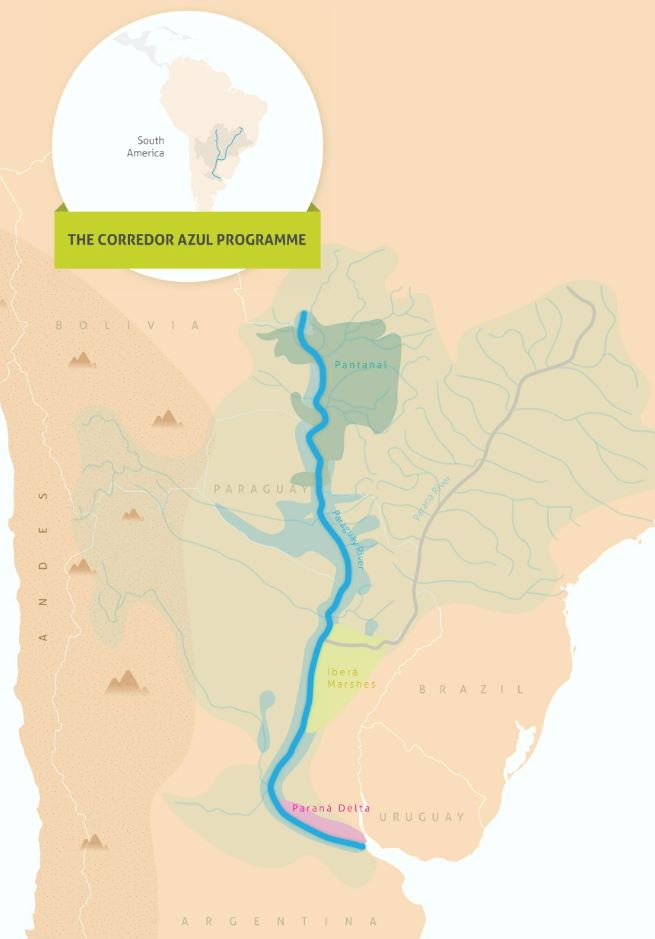The participation of the US Army in a project to expand navigation on the Paraguay River alarms the Argentine government, which considers that the presence of the military compromises security in the region.
Paraguay assures that the assistance is only technical and not military.
A “Master Plan” on the Paraná-Paraguay Waterway is causing alarm in the Argentine government, which sees the presence of members of the US Army as a national security problem, in addition to making the region a “scenario of foreign conflicts”.
A private project to expand navigation on the Paraguay River is amidst controversy after it was confirmed that it would include the participation of the US Army Corps of Engineers in Paraguayan territory.

Paraguay is betting on exploiting the Paraguay River’s capacity as a trade channel.
It intends to expand its river fleet, which is currently the largest in Latin America and the world, surpassed only by the United States and China.
According to the Paraguayan government, the Master Plan required for the works implies “an exhaustive analysis that seeks to have predictability on the behavior of the waterway, to adapt its management concerning navigation, the environment, and social situations”.
Suspicions were generated when the Paraguayan government confirmed that US Corps of Engineers members would participate in the project, “an organization that has civilians in its ranks but depends on the US Army”.
According to Paraguay, the Americans will provide “technical advice, accompaniment and consultancy services to carry out this project”.
The participation of the United States generated concern within the Argentine government, whose Foreign Ministry requested explanations from Paraguay since the project also involves the Paraná River in Argentine territory.
According to the newspaper Página12, the Paraguayan government clarified that the project includes “cooperation with US specialists,” which will include the study of the rivers but does not contemplate cooperation of a military nature.
However, sources of the Argentine portfolio warned the Argentine media that “Paraguay has not complied with its obligation to inform the other countries of the interventions it plans to carry out”.
The project was also under the scrutiny of the Foreign Affairs Committee of the Argentine Congress, where it was accused of “threatening national security and unbalancing defense relations between the countries of the Southern Common Market (Mercosur)”.
For Argentina, the foreign military presence in Paraguayan territory “compromises the security of the riparian states and turns the region into a scenario of foreign conflicts” about the tense situation between the US and China over Taiwan.
The rejection of the project had already been expressed in mid-September by the plenary of the Parliament of the Norte Grande; a bloc made up of legislators from 10 provinces of the northeast and northwest of the country:
Tucumán, Salta, Santiago del Estero, Jujuy, Catamarca, La Rioja, Misiones, Chaco, Corrientes, and Formosa – after the Legislature of the province of Chaco expressed its concern.
Meanwhile, the Paraguayan Chamber of Commerce defended the venture via Twitter, claiming that it would generate positive economic, social, and environmental impacts and opportunities for public-private collaboration.
It is not the first attempt at collaboration between the United States and Paraguay on this matter.
In 2016, then-President Horacio Cartes (2013-2018) pushed for a memorandum between the two countries that also included the participation of the US Army Corps of Engineers.
At that time, the Argentine ambassador to Paraguay, Eduardo Zuain, managed to stop the agreement, which was intended to be applied in Argentine territory without due consultation and approval of the country, something that Zuain considered as a violation of the Constitution itself.
With information from Sputnik

